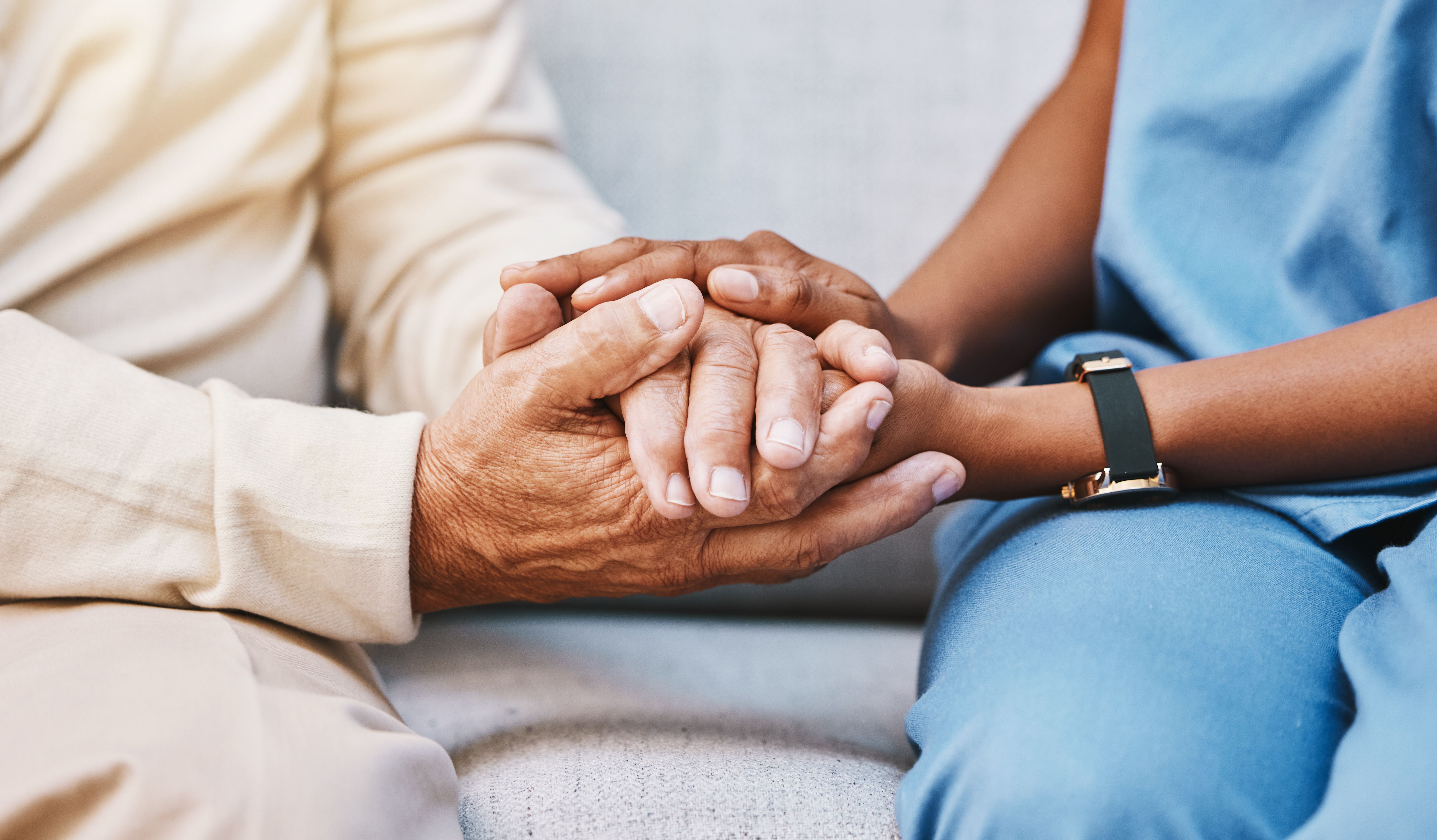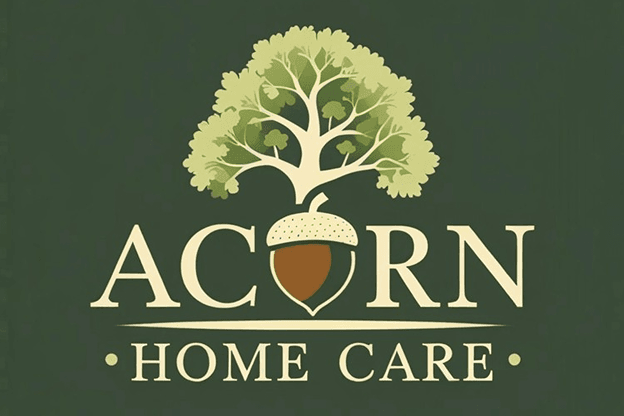Recognizing Alzheimer's Signs and Providing Care on World Alzheimer's Day
KP
Understanding Alzheimer's Disease
World Alzheimer's Day, observed on September 21st each year, provides an opportunity to raise awareness and challenge the stigma surrounding Alzheimer's disease. Alzheimer's is a progressive neurological disorder that affects memory, thinking, and behavior. Recognizing the early signs can lead to timely intervention and improved quality of life for those affected.
The disease primarily impacts older adults, but it's not a normal part of aging. It's essential for family members and caregivers to understand the symptoms and seek medical advice if they suspect Alzheimer's. Early diagnosis can offer more treatment options and help in planning for the future.

Identifying Early Signs of Alzheimer's
Recognizing the early signs of Alzheimer's can be challenging, as they often resemble normal age-related changes. However, certain symptoms are more indicative of the disease:
- Memory Loss: Forgetting recently learned information is one of the most common signs.
- Difficulty in Planning: Challenges in developing and following a plan or working with numbers.
- Confusion with Time or Place: Losing track of dates, seasons, and the passage of time.
- New Problems with Words: Trouble following or joining a conversation.
If you notice these symptoms in a loved one, it's important to consult a healthcare provider for a thorough assessment.
Caring for Someone with Alzheimer's
Caring for a person with Alzheimer's requires patience, compassion, and understanding. As the disease progresses, caregivers play a crucial role in ensuring safety and providing support. Here are some key strategies:
- Create a Safe Environment: Remove hazards and ensure the home is secure.
- Establish Routines: Regular schedules can help reduce confusion and anxiety.
- Encourage Physical Activity: Exercise can improve mood and overall health.
- Stay Connected: Social interaction is essential for emotional well-being.

The Importance of Support Networks
Caring for someone with Alzheimer's can be emotionally and physically demanding. It's vital for caregivers to build support networks to share experiences, seek advice, and find respite. Support groups, both in-person and online, can be invaluable resources for connecting with others facing similar challenges.
Additionally, professional help such as home care services or adult day care centers can provide much-needed relief and ensure the individual receives appropriate care. Balancing caregiving duties with personal well-being is crucial for sustaining long-term care.

A Call to Action on World Alzheimer's Day
This World Alzheimer's Day, take a moment to educate yourself and others about this disease. Increased awareness can lead to earlier diagnosis, better care strategies, and improved research funding. By working together, we can create a more informed society that supports those living with Alzheimer's and their caregivers.
Your involvement can make a difference. Whether it's participating in awareness campaigns, volunteering at local organizations, or supporting research initiatives, every effort counts towards combating Alzheimer's disease.
Need care? Contact us to book a free in-home consultation. Let us learn about your loved one's need and create a personalized care plan.
